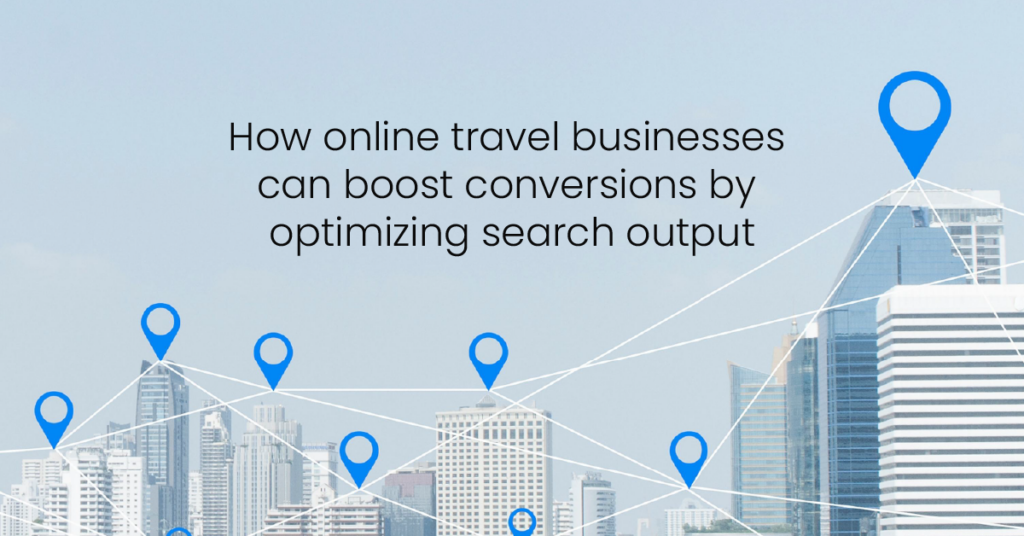As an online travel business, you understand that hotel search patterns are varied, but do you know if not understood and optimized, they can also go against you? A huge amount of your visitors can bounce off your booking portal and book their accommodation from somewhere else if the search queries don’t match their search intent. Unfavorable search experience is not just a UX problem but also a revenue problem. As a business selling accommodations online, your search should be optimized enough to target specific locations, varying with your demand data in that location. How can you achieve it? There are multiple approaches to do it, applicable in different scenarios. Let’s have a deeper look at them. Radius Based Approach The radius-based approach is the opposite of employing a one-size-fits-all strategy. The method involves deciding on a standard radius for all potential hotel queries in a pre-decided radius. Suppose a traveler is looking for accommodation near a popular landmark or a specific location. So you have to account for all geotags within the designated radius, your search engine will show entries for all targeted locations and point-of-interest searches in the radius. To understand it better, let’s say a user seeking a hotel within a 5-kilometer radius of the Eiffel Tower in Paris is instantly presented with relevant options because you have tagged all geocodes within a five-kilometers radius taking a point of interest i.e. Eiffel Tower in this case. Polygon based approachThe polygon-based approach is best suited when you are targeting a specific geography and want to cover everything that defines that geography. To apply this method, you need to account for latitude, longitude and geotags outlining the entire periphery of a city or specific area. Hotel name-based approach The approach allows visitors to quickly find properties by simply typing a keyword, they don’t have to spell out the name of any location, saving them time and improving your user experience and look-to-book ratio. When travelers come to your website and interact with your booking engine, the last thing you want is for your search results to show no response to their search query. The second worst thing
is irrelevant options. If your search box throws up results, it is good. At the same time, if the visitors are coming to your search box, there is a huge opportunity. This is the closest you get to converting a potential customer. You can significantly improve your conversion numbers by understanding the search patterns and optimizing them with area and polygon-based approaches. Vervotech is a leading Hotel Mapping and Room Mapping API that leverages the power of AI and ML to quickly and accurately identify each property listing through the verification of multiple parameters. With One of the industry’s best coverage of 98% and an accuracy of 99.999%, Vervotech is quickly becoming the mapping software of choice for all leading global companies operating in the travel and hospitality industry. To learn more about Vervotech and the ways it can enhance your business in the long run contact us: sales@vervotech.com








